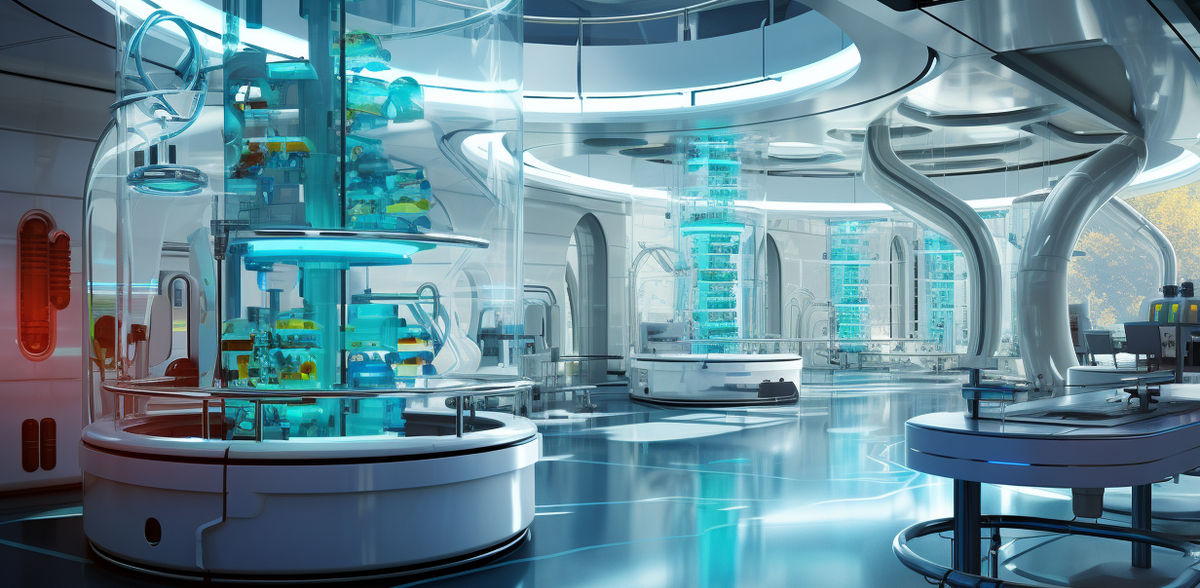1.9 million US dollars for TU Future Laboratory
TU Berlin scientist Peter Neubauer honored with Agilent Thought Leader Award for his innovative research in bioprocess engineering
Professor Dr. Peter Neubauer from the Technical University of Berlin will receive the Agilent Thought Leader Award. This has now been announced by the company Agilent Technologies. As head of the Department of Bioprocess Engineering, Peter Neubauer conducts research to unlock new methods for faster bioprocess development, including genetic, culturing and analytical tools with a particular focus on industrial scale.
Automation and high throughput are needed for real-time determination of critical quality attributes (CQAs) and thus for optimization of biotechnological applications. To this end, significant resources are being invested in the development of process analytical technology (PAT). This is a method for designing, evaluating and controlling pharmaceutical manufacturing processes by monitoring quality-relevant parameters. The aim is to minimize risks to public health.
In his work, Peter Neubauer combines hardware, software, automation, mathematical models and artificial intelligence to find optimal conditions for seamless workflows in process analysis technology. The integration of smart technologies and automation into PAT solutions is a critical enabler for the pharmaceutical industry's move toward optimized bioprocesses that increase safety and reduce the need for manual intervention. The Agilent Thought Leader Award will support Neubauer and his team in their ongoing research to better understand and optimize bioprocesses for difficult-to-express proteins, and to develop scale-up and scale-down strategies.
"We are very grateful and pleased that Agilent's award will allow us to work with two-dimensional liquid chromatography and mass spectrometry in our new bioprocessing laboratory. The use of such state-of-the-art instrumentation is an essential part of our journey towards a higher level of automated bioprocess development," said Peter Neubauer, founder and director of KIWI-biolab, which conducts research on AI for smart, integrated biolabs as the "International Future Artificial Intelligence Laboratory." "Given our recent progress in smoothly coordinating all the equipment required for the process, from extensive analyte-specific sample preparation to big data processing, we are ready to take the next logical step toward integration."
Note: This article has been translated using a computer system without human intervention. LUMITOS offers these automatic translations to present a wider range of current news. Since this article has been translated with automatic translation, it is possible that it contains errors in vocabulary, syntax or grammar. The original article in German can be found here.
Other news from the department science

Get the life science industry in your inbox
By submitting this form you agree that LUMITOS AG will send you the newsletter(s) selected above by email. Your data will not be passed on to third parties. Your data will be stored and processed in accordance with our data protection regulations. LUMITOS may contact you by email for the purpose of advertising or market and opinion surveys. You can revoke your consent at any time without giving reasons to LUMITOS AG, Ernst-Augustin-Str. 2, 12489 Berlin, Germany or by e-mail at revoke@lumitos.com with effect for the future. In addition, each email contains a link to unsubscribe from the corresponding newsletter.

















































